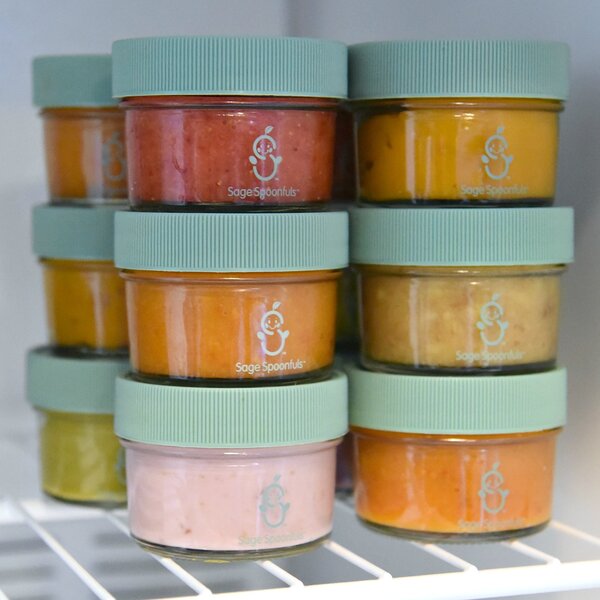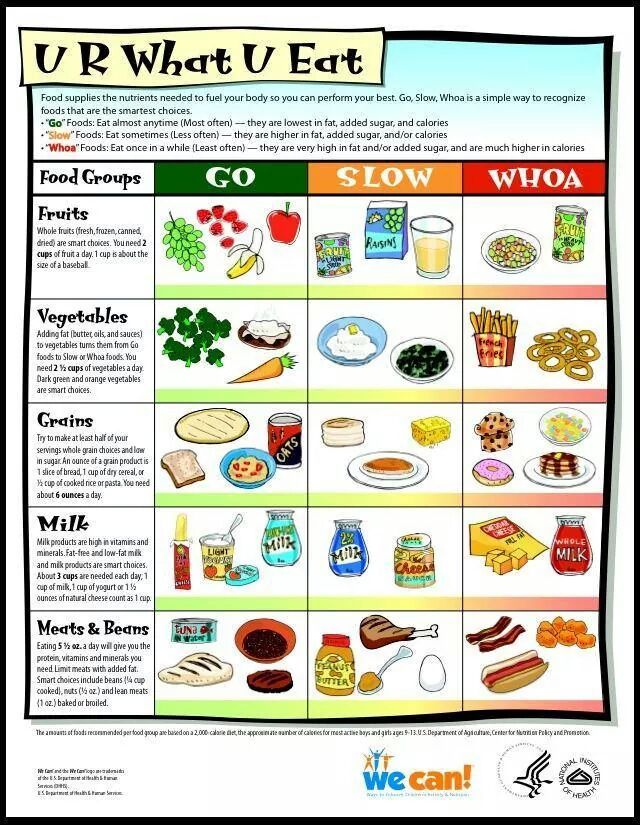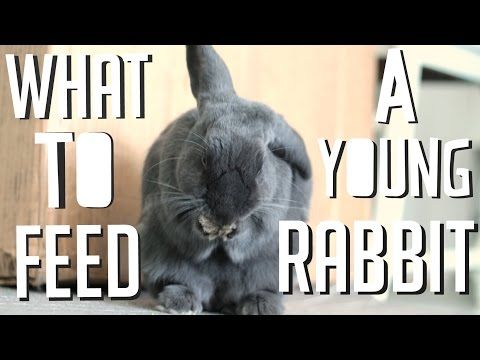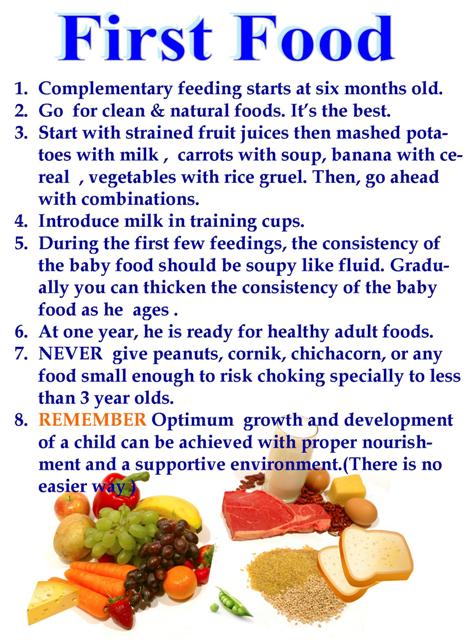Feeding breastfed baby formula at night
Is it ok to breastfeed during the day and give formula at night? Milk Drunk
Our editorial team personally selects each featured product. If you buy something through our links, we may earn an affiliate commission, at no cost to you.
If you’re breastfeeding your newborn, there may be times when nights are hard. Maybe you have multiples, work nights or you want to start letting someone else in the house be responsible for those late, night-time feedings (YES!). The decision to breastfeed during the day but give infant formula at night is a common choice for many moms. This decision to combo feed— any sort of mix of breast milk and baby formula- allows for both formula feeding and breastfeeding interchangeably. Combo feeding with a night bottle is a great solution.
Table of Contents
- How to formula feed a breastfed baby
- Night-time pumping routine
- Will combo feeding lower milk production?
- Pumping at night
- Night-time tips for formula feeding and pumping
- What are the types of baby formula
- Reasons why some moms combo formula feed, especially at night
- Babies can be waking at night because of these reasons
- Is it OK to breastfeed during the day and formula feed at night?
- When introducing your baby to formula after breastfeeding, it may be best to do so gradually, if possible.
- Try to switch one feeding at a time and give formula for only that feed for a few days. Then you can repeat with another one if needed, and so on.8
- Have someone else feed your baby with formula. Sometimes when babies smell mom, all they want is breast milk. If you’re having this problem getting your baby to take a formula bottle, see if having someone else give the bottle does the trick.9
- Ensure that you still use your breast pump to pump out breastmilk and avoid engorgement of the breast, which occurs when your breast is full of milk, but it’s not being used up at the same rate it’s being produced.10
Night-time pumping routine
Lactation consultant and Bobbie medical advisor, Jadah Parks Chatterjee, shares her insight for moms who are making the switch to combo feeding. It’s important to note that you will still need to express milk during the usual night-time feeding times, at least to start. “If you are combination feeding, providing human milk by utilizing the pump, it is recommended to pump 8-12 times in a 24 hour period, for 15-20 minutes to mimic your baby’s eating pattern.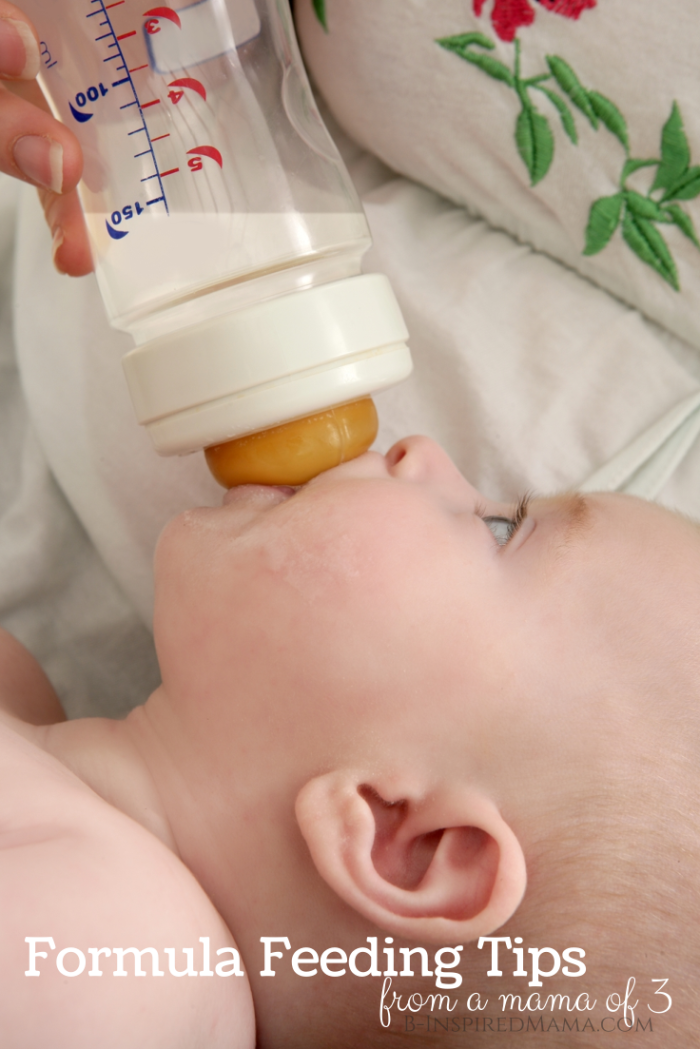 Pumping every 3-4 hours to support your body to continue to make milk and to prevent engorgement,” says Chatterjee. “Skipping night time pumping sessions can increase the amount of plugged ducts and the risk of mastitis. Neither are fun, all are generally preventable with consistently expressing milk.”
Pumping every 3-4 hours to support your body to continue to make milk and to prevent engorgement,” says Chatterjee. “Skipping night time pumping sessions can increase the amount of plugged ducts and the risk of mastitis. Neither are fun, all are generally preventable with consistently expressing milk.”
Will combo feeding lower milk production?
“If our body doesn’t receive the message via stimulation from baby nursing, hand expression or pumping, the hormones needed to make milk will begin to decrease. This will affect your milk supply. Skipping night time pump sessions is common, and ok if it happens, we just don’t want to make it a habit if the goal is to have 25-35ml of human milk expressed daily for your baby,” says Chatterjee. “This is where getting to know and trust your body and body sensations come in. Are you feeling engorged when you skip a night time pumping session? If so, your body is communicating a back up of milk volume, increasing your risk for chronic engorgement, plugged ducts and mastitis. To prevent this from occurring, continue to engage your pump every 3-4 hours to prevent the discomforts of engorgement. “
To prevent this from occurring, continue to engage your pump every 3-4 hours to prevent the discomforts of engorgement. “
Pumping at night
Additional night time pumping sessions are (usually) recommended for a short period of time to increase your milk supply. “If you are consistently finding you need to add additional pumping sessions at night, add a session during the waking hours to eliminate an additional feeding,” recommends Chatterjee. “However, if you and your baby have decided that it’s the early quiet hours after midnight when you like to feed, then wake up and feed your baby. Only if you are pumping to increase your milk supply or your milk storage supply do you need to pump following the feeding session. Otherwise, after the baby has enjoyed their 3 am snack, everyone should go back to sleep.”
Chatterjee notes that this information is very general and needs to be based on what’s going on with the lactating parent, their goals and how the baby is thriving. Moms can always connect with their OBGYN or infant feeding specialist for a more personalized plan.
Moms can always connect with their OBGYN or infant feeding specialist for a more personalized plan.
Night-time tips for formula feeding and pumping
Chatterjee shares her advice for planning for the night time if combo feeding and using a pump:
- Identify the support person and schedule for formula feeding at night.
- Keep all of your feeding supplies nearby.
- Have bottles of formula prepared for the night time feeding. The temperature of the formula is your baby’s preference. Cold milk or milk warmed with a bottle warmer are both acceptable options.
- Although some experts recommend preparing each formula bottle right before you give it to your baby, there are times when this just isn’t practical. And one of those times may be the middle of the night. Since formula is safe in the fridge for 24 hours after it’s prepared, you can make that middle of the night bottle before going to sleep so it’s all set to go when you need it.11 You can also have a formula pitcher on hand.

- Pumping to increase your milk supply to be stored and enjoyed for later? Pump for 15-20 minutes.
- If you were dancing in your dreams while your pump alarm was going off, no problem. When you wake up, take a breath, hop into a warm shower then pump 15-20 minutes to decrease engorgement if present. If you don’t have time for a shower, try a warm compress for 10 minutes on your breast / chest to increase circulation and support milk flow when you are pumping.
- Store the expressed/pumped milk. It is considered safe for expressed milk to be room temperature for 4 hours. After that, it should be refrigerated (up to 7 days) or placed in the freezer (6 months – 1 year).
- Your body is communicating it is comfortable skipping night time pumping and you are reaching your daily goal in volume of milk? Enjoy your dreams.
- Have a support plan. The night-time feeding may not always have to be done by you. If you have a partner, family member or friend at home who can also feed your baby in the middle of the night, try to set up a schedule with them so you can get a little rest.
 Chatterjee shared that she and her partner alternated, one would get up to feed the baby and the other would do the dishes.
Chatterjee shared that she and her partner alternated, one would get up to feed the baby and the other would do the dishes. - Don’t forget to burp your baby every 10 minutes or so.
If you’re new to baby formula, you may be wondering what it is and if it’s safe for your baby? Infant formula is an alternative to breastmilk that is used for feeding infants. Baby formula production is heavily regulated, so all formulas that are legally marketed and sold in the US have to have certain amounts of nutrients in them.1
All baby formula ingredients should include the basics of water, a carbohydrate, protein, fat, vitamins, and minerals. The protein base of formula can come from many commonly used milk types like cow, goat, or soy. The most commonly used base is cow’s milk, but sometimes babies need another type of protein for a medical reason, or parents may choose a different kind of formula.
It is recommended that parents practice exclusive breastfeeding for the first year of a baby’s life.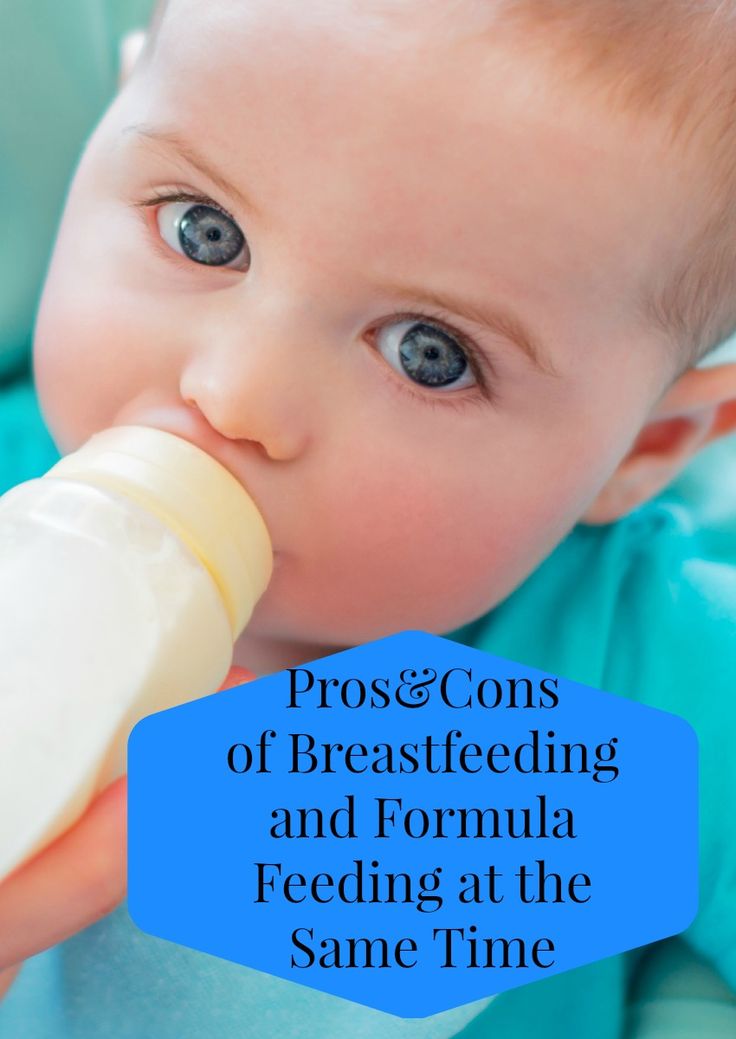 2 This, however, isn’t possible or practical for many parents, so formula can play an important role in providing babies the nutrition they need.
2 This, however, isn’t possible or practical for many parents, so formula can play an important role in providing babies the nutrition they need.
Shop Bobbie Organic Infant Formula
Bobbie Organic Infant Formula is a USDA Organic, EU-style infant formula that meets all FDA requirements. It is a complete nutrition milk-based powder modeled after breast milk and is easy on tummies. It is non-GMO and doesn't have corn syrup, palm oil, or maltodextrin. Learn more about Bobbie.
Shop Bobbie
What are the types of baby formula7- You will find infant formulas are made from 3 common bases: cow’s milk, soy, or protein hydrolysate, which contains more broken down proteins. Most babies who breastfeed are fine to start cow’s milk formula, and the other two forms are mostly used for babies with medical issues. However, you should always talk to your baby’s healthcare provider before choosing a formula so you can make sure you are picking the best one for them.

- You will also find that these bases come in 3 forms: powdered, liquid concentrate and ready to use. The main differences between these are the price and what’s involved in preparing them.
Reasons why some moms combo formula feed, especially at night:
1-
Combo feeding allows someone else to assist with feedingsBeing a parent is hard (gulp). It’s exhausting to wake up at night (again and again) to breastfeed an infant, leaving all parents to newborns exhausted. Without rest, it’s really hard for parents to give their all to their babies during the day. Letting someone else formula feed the baby means getting some help and much needed rest, which leads to a more-rested and happier mom.
With formula feeding, you get a chance to take a breather and perhaps get a full night’s rest since another family member can take care of feedings in the middle of the night. This also gives someone else a chance to bond and build a relationship with your baby.
2-
Combo feeding is a great way to feed multiple babiesBreastfeeding one infant can be tough, and breastfeeding multiples can be super tough. Some moms don’t have enough supply (especially in the beginning) to fully breastfeed two or more babies. Not to mention the time and logistics involved, which can be stressful. Multiples are also more likely to be premature and need more calories than babies born on time, so these infants are sometimes recommended to have formula by their healthcare provider for extra calories, vitamins and minerals.
Choosing to supplement with formula during the day or the night is a great way for moms to step back and allow some time for rest, which is definitely needed when you have two or more babies.
3-
Combo feeding is thought to get your baby to sleep through the nightAlthough without any scientific support, many parents believe formula feeding will help their little one sleep through the night.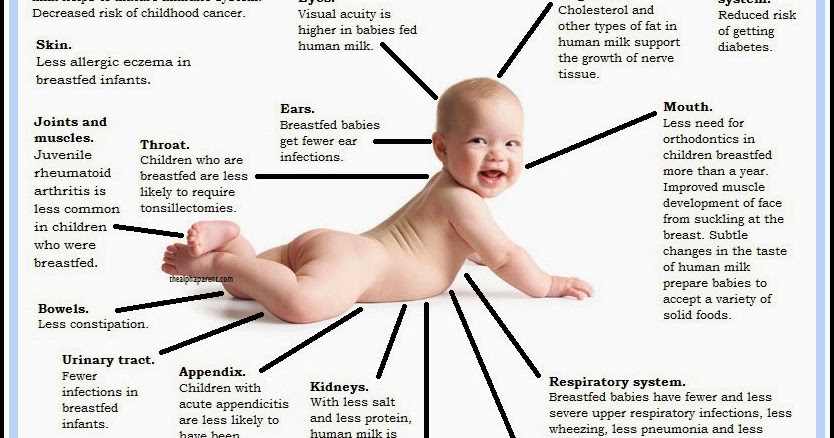 3 Due to the way formula is made, it’s harder for babies to digest than breast milk, so some folks believe it may play a role in helping your baby sleep for longer before hunger sends them (and you) a wake up call.4
3 Due to the way formula is made, it’s harder for babies to digest than breast milk, so some folks believe it may play a role in helping your baby sleep for longer before hunger sends them (and you) a wake up call.4
However, it’s important to remember that babies wake at night for a number of reasons that do not relate to being hungry:5
Babies can be waking up at night because of these reasons other than hunger:
- They naturally have different sleep cycles than older children and adults
- They are in the teething phase, which can be painful
- Some babies are just “better sleepers” than others
It’s important to remember that parents play a key role in helping their babies learn to self-soothe and go back to sleep on their own as they get older, so start to take note of why your baby may be awake? Are they crying or screaming because they are hungry or in pain? Or are they babbling up a storm with their new sounds? The crying probably requires your attention, but the babbling probably doesn’t. 5
5
4- Combo feeding is used to help parents with night-time work schedules
Let’s face it, many moms are working moms, and this often means your schedule is not your own. Some moms work at night and others have very long days. Lots of moms try to make time to pump breast milk and leave a supply for their baby, but this may not be an option for everyone.
Unfortunately, in the end many employers are not as supportive of breastfeeding moms as they should be. That’s why unsupportive work policies and lack of parental leave are one of the top reasons mothers stop breastfeeding early.6
Is it OK to breastfeed during the day and formula feed at night?
Yes! Combo feeding is a great way to extend your breastfeeding journey.
Feeding your baby can happen many different ways. That can mean formula during the day or at night or breast milk during the day or at night. How you feed your baby is up to you! If combo feeding is what makes feeding easier all around, then try it as a method to help in your baby’s first year. You can add in formula as much or as little as you feel good about.
You can add in formula as much or as little as you feel good about.
Verified by Morgan Leafe, MD, MHA
Shop Bobbie Organic Infant Formula
Bobbie Organic Infant Formula is a USDA Organic, EU-style infant formula that meets all FDA requirements. It is a complete nutrition milk-based powder modeled after breast milk and is easy on tummies. It is non-GMO and doesn't have corn syrup, palm oil, or maltodextrin. Learn more about Bobbie.
Shop Bobbie
Sources:
1- Questions and answers for consumers concerning infant formula | Food and Drug Administration
2- Breastfeeding and use of human milk | Pediatrics
3- Infant feeding methods and maternal sleep and daytime functioning | Pediatrics
4- Breastfeeding your baby: breastfeeding- simply the best | New York State Department of Health
5- Why do babies wake up at night? | Seattle Children’s
6- Breastfeeding facts | Centers for Disease Control and Prevention
7- Infant formula: your questions answered | Mayo Clinic
8- Weaning | Centers for Disease Control and Prevention
9- Weaning your child | Nemours Kids Health
10- Breast engorgement | University of Michigan Health
11- Feeding your infant: how to prepare and store baby formula | Cleveland Clinic
Table of Contents
- How to formula feed a breastfed baby
- Night-time pumping routine
- Will combo feeding lower milk production?
- Pumping at night
- Night-time tips for formula feeding and pumping
- What is baby formula, anyway?
- What are the types of baby formula7
- Reasons why some moms combo formula feed, especially at night:
- 1- Combo feeding allows someone else to assist with feedings
- 2- Combo feeding is a great way to feed multiple babies
- 3- Combo feeding is thought to get your baby to sleep through the night
- Babies can be waking up at night because of these reasons other than hunger:
- 4- Combo feeding is used to help parents with night-time work schedules
- Is it OK to breastfeed during the day and formula feed at night?
The content on this site is for informational purposes only and not intended to be a substitute for professional medical advice, diagnosis or treatment. Discuss any health or feeding concerns with your infant's pediatrician. Never disregard professional medical advice or delay it based on the content on this page.
Discuss any health or feeding concerns with your infant's pediatrician. Never disregard professional medical advice or delay it based on the content on this page.
Supplementing with Formula at Night - A Step-By-Step Guide
Listen to this article:
Your browser does not support the audio tag.
When it comes to feeding your baby, you always want what’s best for them - whether that be choosing to breastfeed, formula feed, or employing a combination of both.
Even though breast milk provides all of the essential nutrients and antibodies your little one needs, there may come a time where you may want or need to start supplementing with formula at night.
This decision may come with many questions. For instance, how do you first start introducing formula to your breastfed baby at night? What is the best formula at night for your breastfed baby? Is it okay to supplement your breastfed baby’s diet with formula in the first place?
When answering these questions and more, it’s helpful to first provide some peace of mind regarding the topic of formula feeding.
Is it okay to supplement my breastfed baby’s diet with formula?
Many moms start out with the intention of breastfeeding exclusively, but for whatever reason, it may not always go as well as planned. At the same time, other moms may know from the get-go that they want to supplement with formula at night.
There is no right or wrong, and it is absolutely okay to supplement your breastfed baby’s diet with formula!
There are several reasons why you may be thinking about introducing formula to your breastfed baby at night, and why it can be beneficial:
It is medically needed - Your baby’s diet may need to be supplemented with formula If your baby isn’t gaining the appropriate amount of weight, is dehydrated, or is not latching on the breast properly. Your baby’s pediatrician will monitor their growth regularly on a growth chart and will point out any concerns they may have with their growth and development.
This can happen at any time during the baby’s first year, but more often occurs during the first 2 months.
In all of these cases, it can be difficult for a baby to get enough calories and nutrients from breast milk alone. At this point, supplementing with formula may be necessary.
You have a low milk supply - Due to various reasons, some women may not be able to produce or pump enough breast milk. If your pediatrician determines you have a low supply, starting formula at night for your breastfed baby can supplement the necessary nutrients your little one needs.
You are going back to work - It’s common for milk supply to dip a bit when you return to work. This is often due to having less frequent feeding sessions and being away from the baby longer.
Introducing formula at night can help get your baby used to taking the formula and drinking from a bottle so that there is an easier transition if this happens.
You’re physically or mentally drained - Breastfeeding can be wonderful, but it can also be exhausting for many women. Supplementing with formula at night can take the pressure off of you and give you much-needed rest.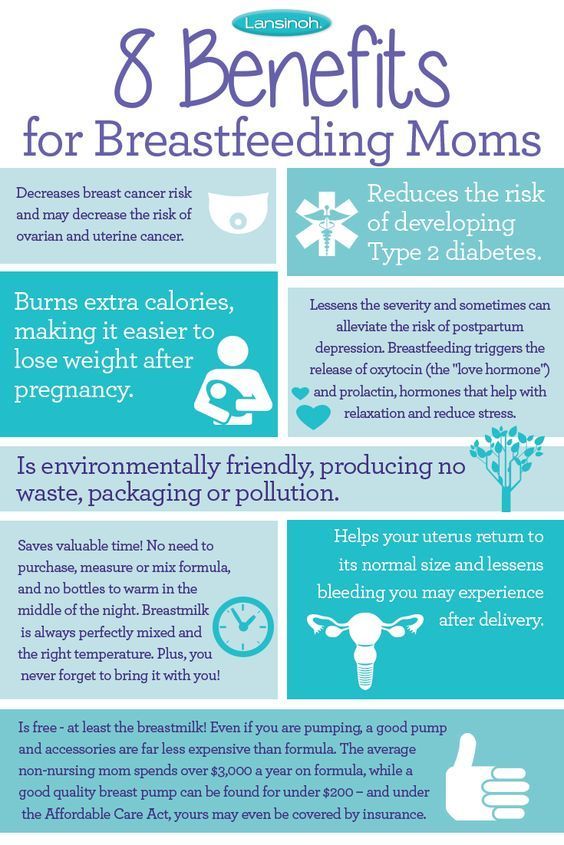
Enlist your partner to take charge of this feeding too if possible. This is not something to feel guilty about!
What are some signs that my baby needs a supplemental formula for growth?
If you’re wondering when is the right time to start supplementing with formula at night, there are a few key signs that your baby may need it now.
They’re not growing appropriately according to the growth chart - If your baby’s weight is lower than it should be from exclusively breastfeeding no matter what you do, ask your pediatrician about formula supplementation.
In this case, adding formula at night for your breastfed baby can be that added boost your little one needs to bump his numbers higher up on the charts.
They seem very fussy and uncomfortable most of the time - If they often appear fussy or unsatisfied after breastfeeding, it’s possible they may not be taking in enough. This could also indicate something else, such as reflux or food intolerance, and so it’s best to consult with your doctor first.
They are lethargic - If they lack energy and are constantly falling asleep, that could be a sign they are not getting enough nutrition from your breast milk.
If your little one is displaying any of these symptoms, consult with your pediatrician to see what’s best for them.
When can I start supplementing with formula?
There is no hard and fast rule as to when you should start supplementing your breastfed baby with formula at night. You can start at any time that feels right for you!
However, if your goal is to primarily breastfeed, experts recommend waiting (if possible) at least 3 weeks until supplementing with formula. This is to allow enough time for your milk supply to fully come in and to establish a regular breastfeeding routine first.
After this 3 week period, it’s a matter of determining what’s best for your little one and your family’s needs. Initially introducing formula to your breastfed baby at night is an easy way to transition them into a new routine without having to change your feeding schedule during the day.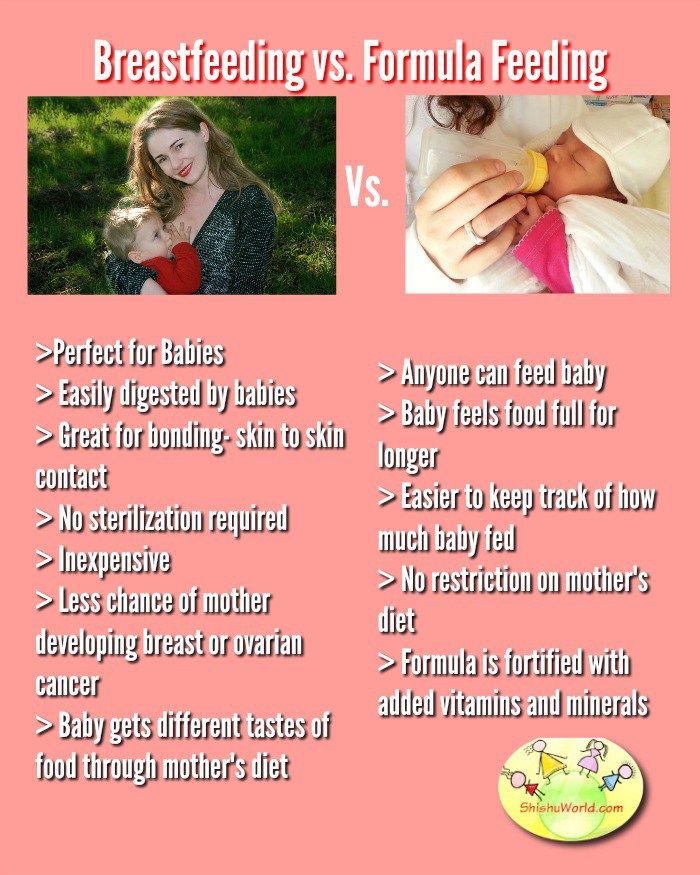
Then over time, you may choose to use more formula during the day, depending on what works best for your family.
How will supplementing with formula affect my baby?
Supplementing with formula can help provide the necessary nutrients your baby needs for growth that they may not be able to get otherwise. It is a wonderful option for many families.
Here are a few changes that may occur in your baby once you start supplementing their diet with the formula:
Your baby may temporarily become less interested in breastfeeding - If it’s your first time introducing a bottle to your baby, you may find that your baby prefers the bottle. This may be especially the case when they’re very hungry because a bottle is able to deliver the milk much more quickly to the baby than at the breast.
But, this absolutely doesn’t mean your baby will stop breastfeeding! You just have to remind them that your breastmilk is still their primary source of nutrition by continuing to offer your breast frequently throughout the day.
Paced bottle feeding can also help with this, which is a bottle-feeding method that closely mimics a breastfeeding experience.
Your baby’s stool may be different - As you introduce formula, you may notice your baby’s stools change. The stool will likely be more firm, have a stronger odor, and your baby will have less frequent bowel movements. This is all normal and to be expected, and nothing of concern.
Your baby may go longer between feedings - The type of protein in the formula is typically slower-digesting than that of breast milk, so you may find that your little one can last longer between feedings. This doesn’t happen with every baby, but when it does it is surely a welcome benefit!
Even though it may seem like a lot of changes occur with introducing formulas, there’s no need to worry. Your little one (and you!) will adjust to the change in feeding routine in no time.
Best Formula for Supplementing
When it’s time to start supplementing with formula at night, you may be wondering what is the best formula to use.
Luckily, there are many baby formulas that offer everything your little one needs. Always speak to your child’s pediatrician to determine the best formula for your baby.
When choosing the best baby formula, look for one that meets these criteria:
Nutritionally balanced - The baby formula you choose should meet 100% of the FDA’s nutrient requirements for babies for calories, vitamins, and minerals. It should also be fortified with iron, as this is a critical nutrient for a baby’s development.
Made of sustainable, clean ingredients - Many baby formulas contain a laundry list of ingredients that most people can’t even pronounce. Choose a formula that identifies as made of simple, clean ingredients that you can recognize, so you know you’re getting the purest, most natural ingredients for your little one.
Easy to digest - Many baby formulas, especially cow’s milk formulas, can be tough for a baby’s digestive system. Seek a formula that is promoted specifically as being gentle on babies’ tummies.
Free of major food allergens (cow’s milk and soy are the 2 most common ones) - Food allergies are more common than we think, and so choosing a formula free of these 2 major allergens provides added peace of mind.
Low in added sugars - According to the latest USDA Dietary Guidelines, added sugar intake in infants should be kept to a minimum. Choosing a formula low in added sugars will help keep your baby’s intake as low as possible.
Certified organic and free of harmful ingredients - A good baby formula should be organic, free of genetically modified ingredients (GMO’s), antibiotics, and potentially toxic heavy metals.
Following these guidelines will help assure you choose the best formula for your baby’s health.
How to Start Supplementing with Formula
When you start supplementing with formula, the first step is introducing your baby to a bottle. If he’s used to breastfeeding, it may take a few tries for him to get the knack of what to do with a bottle. Don’t worry, it will get easier in time.
Don’t worry, it will get easier in time.
Here are a few tips on how to start the process of supplementing with the formula:
The first time you offer a bottle, offer it after their regular feeding at night to get him used to the nipple. Offering the bottle after feeding is ideal because your baby is likely calmer.
If you first offer it before feeding him when he’s really hungry, he may get frustrated and not want to take it.
Just add a small amount of formula to the bottle, around 1 ounce, to top off his feeding to start with until he gets used to drinking from it. Do this for a few days.
Consider having someone else feed him the first few times - If you’re the one trying to give your baby their first bottle, it will likely confuse him. He is used to feeding on your breast, and he’ll wonder why you’re not offering it.
This is another reason why it’s helpful to initially offer the bottle when he’s not starving, so it doesn’t lead to frustration.
Enlist your partner, a grandparent, or friend to help and stay in another room. Your baby can smell you from a mile away, so this will help not to confuse him.
Use a slow-flow bottle nipple - There are different types of bottle nipples on the market, but a slow-flow one is best to start with. This is because a slow-flow nipple will mimic the flow of breast milk, and will be more similar to what your baby is used to.
If the flow is too fast, your baby may get used to that (since they are not the most patient of creatures!) and then not want to go back on the breast.
Employ the paced-bottle feeding method - This is a method of bottle feeding that also closely resembles breastfeeding. With this method, you are holding the bottle horizontally and taking frequent pauses to allow time for the baby to burp and digest. It also helps to switch sides halfway through the feeding to mimic a breastfeeding session.
Be patient with the process, as it may feel challenging at first depending on how long you’ve been exclusively breastfeeding. Speak to your child’s pediatrician if you have questions, get support from your partner, family, and friends, and remember that it will get easier!
Speak to your child’s pediatrician if you have questions, get support from your partner, family, and friends, and remember that it will get easier!
Regardless of when you decide to start supplementing with formula, just remember that you’re doing an amazing job. Nourishing your little one is one of the most amazing experiences to have, as you are giving them the gift of optimal health and nurturing a bond like no other.
If your little one is over a year old and you’re looking for a nourishing, allergen-free toddler formula, look no further than Else. This complete plant-based nutrition formula for toddlers will make the transition to formula seamless, with a taste your toddler will love.
By choosing Else, you will have added peace of mind as you begin to supplement with formula, knowing you're giving your toddler the very best.
Additionally, Else’s infant formula is coming soon. This clean label, allergen-friendly infant formula will be 100% plant-based and contain all necessary nutrients for a baby as set forth by FDA regulations.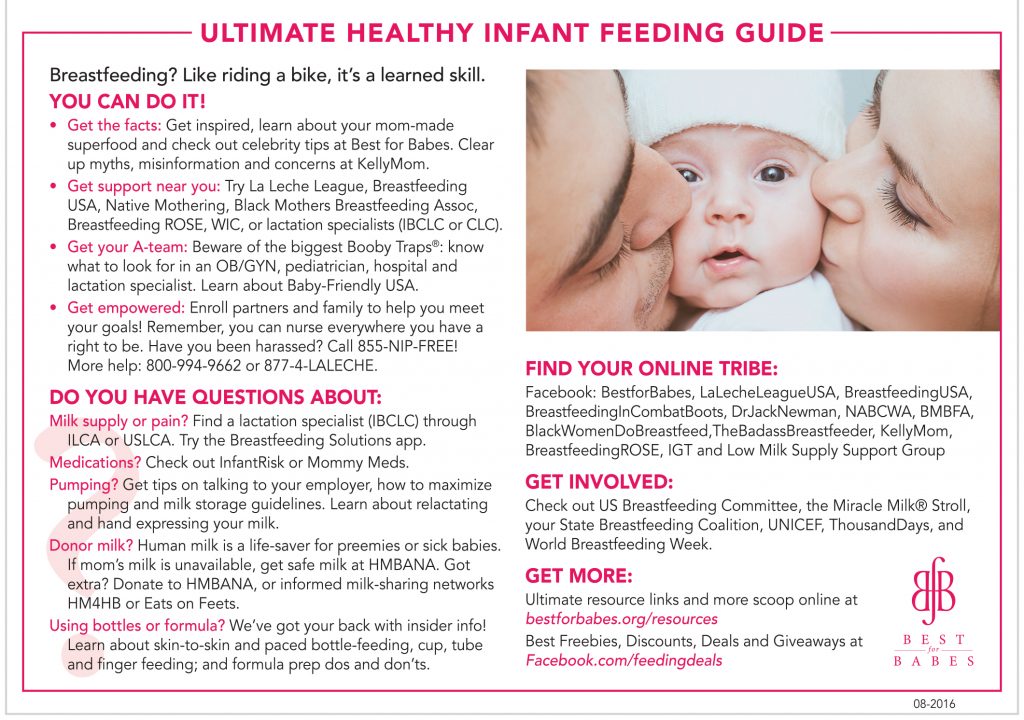
Regardless of the reason you have chosen to begin supplementing with formula at night, know that it is completely safe and healthy to do so. A well-fed baby is a happy and healthy one. Only you know as the mama what is best for you and your family, so don’t let anyone try to sway your decision or make you feel guilty for any choice you make.
Listen to your mama instincts, they will tell you what to do!
Sources
WHO Growth Standards
Choosing an Infant Formula
Scientific Report of the 2020 Dietary Guidelines Advisory Committee
The content and advice provided in this article is for informational purposes only and is not a substitute for medical diagnosis, treatment, advice for specific medical conditions. Always consult a pediatrician to understand the individual needs of your child.
Bedtime formula and night feeding formula
06/21/2021 Reading time: 3 min 37402
In the first 1-3 months, babies receive breast milk on demand.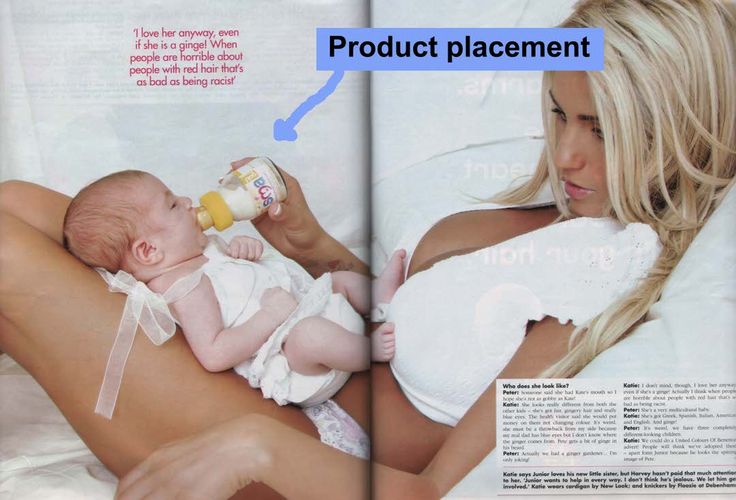 Milk formula should be given on schedule. But how to distribute the daily volume of the mixture - only during the daytime or will you also have to feed at night? Will feeding before bedtime help your baby sleep better, or, conversely, will it burden his digestive system and cause anxiety? Young mothers should immediately understand this issue in order to avoid mistakes in organizing the nutrition of the baby.
Milk formula should be given on schedule. But how to distribute the daily volume of the mixture - only during the daytime or will you also have to feed at night? Will feeding before bedtime help your baby sleep better, or, conversely, will it burden his digestive system and cause anxiety? Young mothers should immediately understand this issue in order to avoid mistakes in organizing the nutrition of the baby.
Can bedtime formula help my baby sleep better?
Moms do not eat at night, so as not to spoil the figure. Babies do not need to worry about the figure, agree, is it ideal for them? But seriously, only a well-fed baby will sleep peacefully. Therefore, giving the mixture at night to the baby is not only possible, but also necessary.
Babies of the first 4-6 months of life are exclusively formula fed. But even after the introduction of complementary foods, the mixture should be left as the last feeding before bedtime. It will not overload the digestive system and will give the baby's body the necessary nutrients.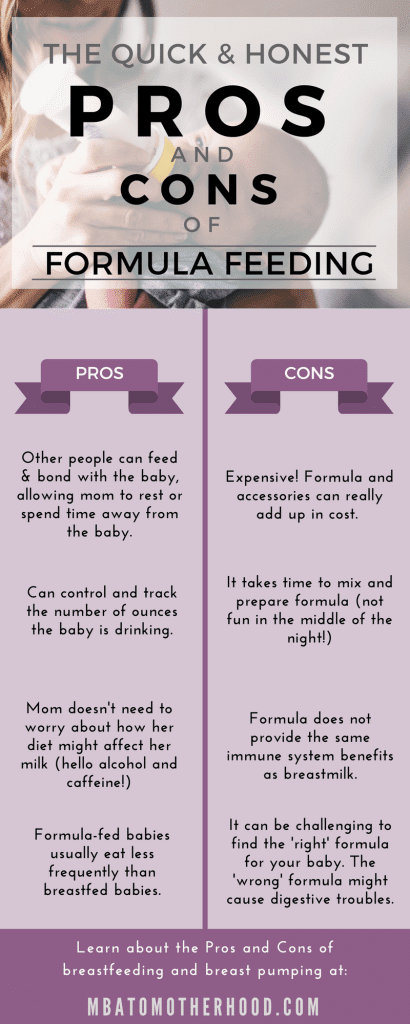
Can the mixture be given at night and at night?
During the neonatal period, that is, in the first 4 weeks of life, it is necessary to feed an artificial baby at regular intervals - after 3 hours.
For children of the first half of life, feeding takes place at night. The last during the day at about 24:00, and the first at 6:00. With a correctly calculated and sufficient volume of the mixture, the child must withstand a night break of about 6 hours.
The older the baby is, the larger the portions that he eats at one time, and the longer the intervals between feedings will become. If the baby is gaining weight normally, feels well, and is cheerful, active and eats well during the day, then at night he should not ask for feeding. The correct amount of formula and the number of feedings will allow the child to remain full and also keep the night break in feeding the mixture.
If the cause of night awakenings is hunger, then neither the pacifier nor water will calm the baby for a long time.
And if this happens, then after making sure that the baby is dry, not cold and not overheated, does not want to drink, and more than 3-4 hours have passed since the last feeding, offer him a mixture.
Can I give formula at night to an older child?
For feeding children older than a year, mixtures of the third Nutrilak Premium 3 have been developed, and older than one and a half - the fourth formula of Nutrilak Premium 4. Their recipe takes into account the age-related needs and digestion characteristics of grown-up babies. Therefore, during the second and third years of the baby's life, his mother still does not have to puzzle over how to replace the mixture for the night.
One has only to give up the bottle and give the mixture first in a cup and then in a regular cup.
A child aged 1 to 3 years is allowed to have additional feeding before bed at about 22:00-22:30, if there is such a need and the most optimal and useful option is to offer a mixture, but it is correct to say a milk drink with the number 3 or 4 .
(1 ratings; article rating 5.0)
Up to what age to feed the baby at night and how to replace formula
Infant formula is only a forced replacement for mother's milk in the absence of sufficient lactation or underweight in the infant. In all other respects, the infant formula feeding algorithm remains the same as with breastfeeding. The baby also needs nightly feedings about every 3-4 hours. This is due to scientifically proven facts. Babies up to a year old have an accelerated metabolism, food is digested faster, and naturally, they experience hunger at night. Also, any anxiety of the baby at night forces him to demand his mother's participation, and of course - food as a sedative. There is even a theory that children are genetically woken up to eat to avoid "Sudden Infant Death Syndrome" in their sleep.
But also can't it continue indefinitely? The child grows, develops actively, from the age of 6 months receives a variety of complementary foods, and over time should form a normal daily routine.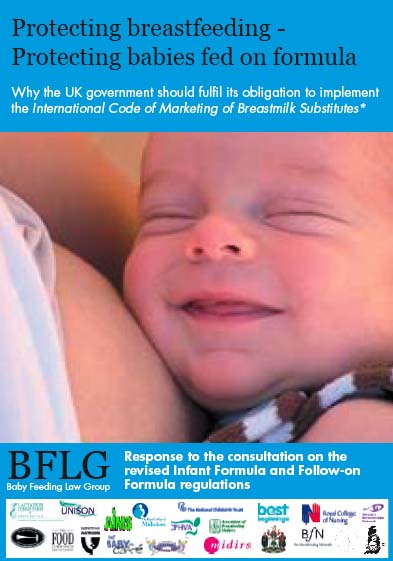 And for this you need to figure out: how to wean a child at night to eat the mixture in the most gentle ways.
And for this you need to figure out: how to wean a child at night to eat the mixture in the most gentle ways.
Up to what age to give formula at night
Experts differ on this issue, but the average age when you can do without night feedings is nevertheless derived. Infants with normal development can sleep peacefully at night without formula 10-12 hours from 9-12 months. Of course, if parents do not consider it necessary to restrict their child in nutrition, they can safely continue to feed their child at night and beyond. But they must be aware that, firstly, over time, these periods of eating become just a habit for the baby. And secondly, mothers should also think about their own well-being after sleepless nights. So, the approximate age of weaning a child from night feedings has been determined, it remains to find out how to replace the mixture for the night after a year for the first time of the transition to a new regimen.
Night formula alternative
Formula feeding formula is extremely nutritious and delicious for your baby. Therefore, the nightly replacement should be unequal, so that the baby subsequently feels that he does not need to wake up for such food. For these reasons, many mothers, thinking about how to replace the mixture for the night, use not the best products. It is strongly not recommended to use compotes or juices, because the ultimate goal is a complete and painless rejection of night food. In addition, fruit drinking can cause flatulence and abdominal pain - not the most favorable factors for restful sleep.
Therefore, the nightly replacement should be unequal, so that the baby subsequently feels that he does not need to wake up for such food. For these reasons, many mothers, thinking about how to replace the mixture for the night, use not the best products. It is strongly not recommended to use compotes or juices, because the ultimate goal is a complete and painless rejection of night food. In addition, fruit drinking can cause flatulence and abdominal pain - not the most favorable factors for restful sleep.
It is better to replace the traditional food at first with a well-diluted mixture, and then with clean water. At the same time, you need to try to slightly shift the period of falling asleep and provide the child with peace and a hearty dinner before going to bed. During the gradual transition to a new way of life, it is not necessary to immediately offer a diluted mixture to the awakened baby at night, it is better to try to calm him down in a different way - caress, rock him.

